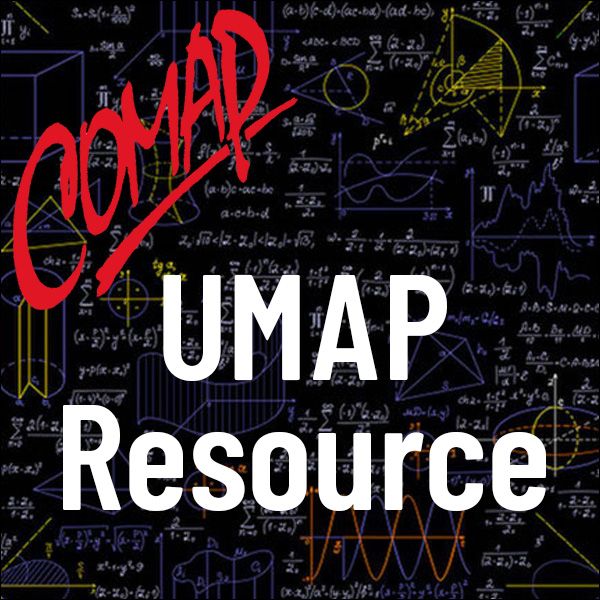Variational Inequalities: One-Stop Shopping for Optima and Equilibria
Author: Steve McKelvey
The finite-dimensional variational inequality is a mathematical formulation not widely taught in undergraduate or graduate mathematics curricula that has found application in many important areas, particularly in optimization and equilibrium problems. As a relatively new construct, one very appropriate to undergraduate curricula, variational inequalities offer a fertile ground for undergraduate research problems in applied mathematics.
The appeal of variational inequalities is, in part, their power combined with the relatively low-level mathematical background needed for their study and use. Many mathematics majors will have accumulated all the needed background sometime during their sophomore year. We assume that the reader is familiar with vectors and matrices, as commonly covered in an introductory linear algebra class, and vector fields and gradients as covered in multivariable calculus.
We begin with two short elementary mathematical programming problems, an optimization problem and an equilibrium problem, both on a very simple network. The goal is to introduce the reader to equilibrium problems and to demonstrate that they are not merely extensions of optimization problems but rather important and interesting problems deserving independent consideration. We define a finite-dimensional variational inequality and give a quick discussion of the geometry of its solution set.

Mathematics Topics:
Application Areas:
You must have a Full Membership to download this resource.
If you're already a member, login here.